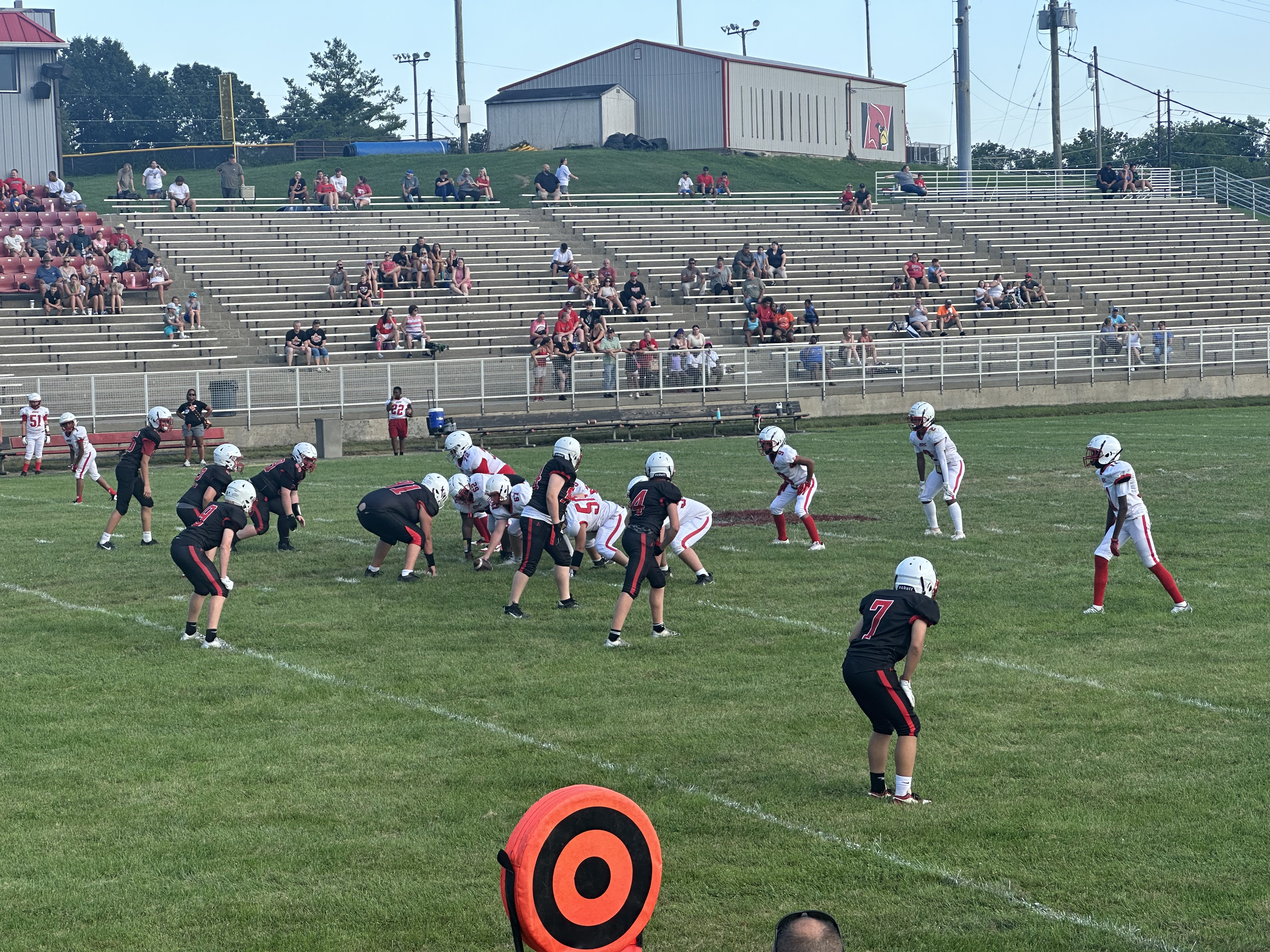Mind and Body: Ways to act against bullying
Published 10:23 am Thursday, January 16, 2020
By Angela Bereznak
Clark County Health Department
The Centers for Disease Control and Department of Education defines bullying as “unwanted aggressive behavior, observed or perceived power imbalance, and repetition of behaviors of high likelihood of repetition.”
Trending
Bullying comes is various forms.
There are two modes of bullying which includes direct (i.e. bullying that occurs with the targeted person present) and indirect (i.e. bullying that does not occur with the targeted person present such as gossiping about that person).
Along with the modes of bullying, there are four types of bullying:
— physical
— verbal
— relational (efforts to harm the reputation of someone), and
Trending
— damage to property.
Electronic bullying or cyberbullying is primarily focused on verbal aggression (spreading rumors electronically) which is a form of indirect bullying.
Who is affected?
— In the U.S., 28 percent of students in grades 6-12 have experienced bullying.
— In the U.S., 20 percent of students in grades 9-12 have experienced bullying.
— 9 percent of students in grades 6-12 have experienced cyberbullying.
— 15 percent of students grades 9-12 were have been electronically bullied in the last year.
— 55.2 percent of LGBTQ students have experienced cyberbullying.
Effects of Bullying
People who are bullied can experience negative physical, school and mental health issues. People who are bullied are more likely to experience:
— Depression and anxiety, increased feelings of sadness and loneliness, changes in sleep and eating patterns, and loss of interest in activities they used to enjoy. These issues may persist into adulthood.
— Health complaints
— Decreased academic achievement—GPA and standardized test scores—and school participation. They are more likely to miss, skip, or drop out of school.
Ways to prevent, end bullying
There are methods that can be taken to reduce and hopefully end bullying. A few methods are:
— Teach your child kindness and to have respect for others.
— Build confidence in children. Confidence will help children feel that they can speak out for themselves and others.
—Become informed about school policies about bullying and teach your child those policies.
— Be available to talk to your child anytime they approach you. Teach your child that he/she can talk to you about whatever on their mind without judgment.
— Raise the topic of bullying early in a child’s life. Share with the child what bullying is, the effects it has on individuals, and what they can do if they see it happen or experience bullying.
— Contact your child’s school and/or law enforcement if your child is being bullied.
Numerous school systems in Kentucky have a reporting tool for bullying. It is called STOP Tip Line, you can access Clark County Public Schools’ Tip Line through their website. This is the direct link: https://www2.clarkschools.net/home/index.php/students-parents/stop-tipline.
Information referenced from https://www.stopbullying.gov and https://www.familyeducation.com/kids/dealing-bullies
Clark County Health Department provides programs for the entire family, including WIC, HANDS, family planning, well child care/immunizations, and home health care. For more information on all of our service, please call 859/744-4482 or visit our website at www.clarkhealthdept.org. You can also “like” us on Facebook at https://www.facebook.com/pages/Clark-County-Health-Department.





